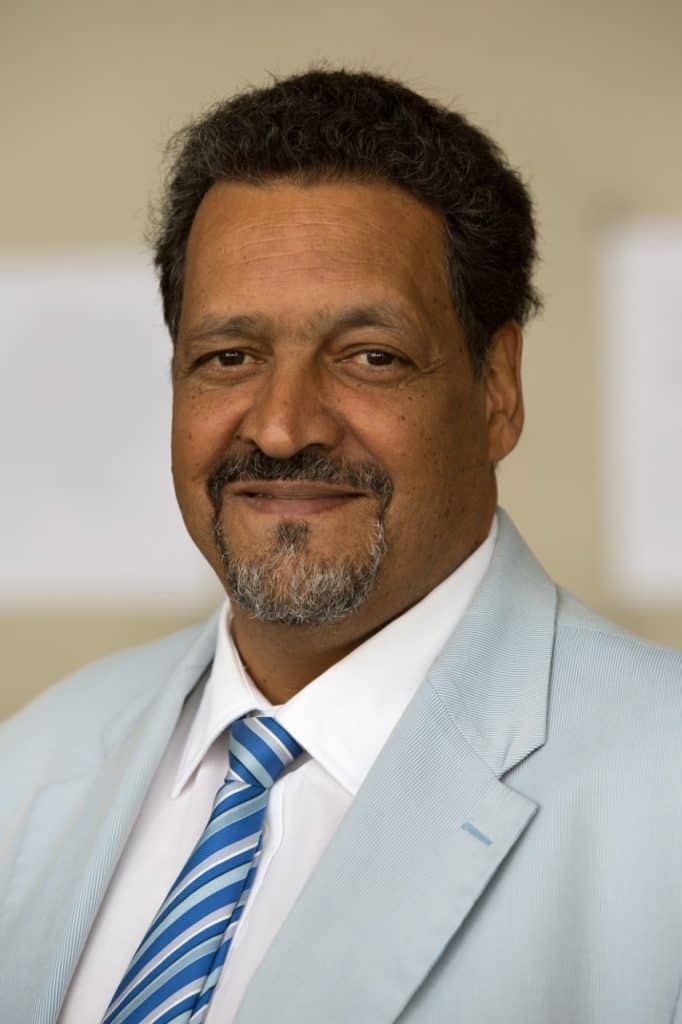Prince Mudau is a master’s student who holds an LLB from the University of Venda and a Master’s in Corporate Law from the University of Johannesburg. His master’s research at the University of Witswatersrand is on the regulation of philanthropy.
Prince has interests in non-profit governance, research, grant-making and responsible business ethics and corporate social responsibility.
Q: Tell us about your field of study and what inspired you to take this path ?
When I was a law student, I was introduced to the term “juridical person” which means a non-human legal entity, endowed by law with legal rights and obligations similar to those of a natural person. This meant that businesses are part of the communities that they operate in and should contribute positively to building these communities as much as it is expected from any other member of the community. This sparked my interest in social justice. After completing my undergraduate degree, I had an opportunity to be an intern at a grant-making organisation that capacitates civil society organisations. At this organisation, I realised the importance of civil society organisations and the change they make. I decided to combine my knowledge of the law and my passion for the realisation of social justice through well-equipped civil society and philanthropic organisations. Hence my research focuses on how regulation can increase the efficiency of philanthropy and make more impact.
Q: What have you learnt or seen that has been vital for your career or that has stood out most for you?
The regulation of philanthropy in South Africa is one of the research areas that is in its infancy, most probably due to South Africa’s enabling environment for philanthropic organisations. Therefore, there is a lot of potential for ground-breaking research that may result in a consolidated regulatory environment that will make philanthropy in South Africa efficient and effective.
Q: How do you think your research will make an impact in the social investment space?
South Africa’s regulatory environment of philanthropy is enabling. However, the question is whether it is achieving its potential maximum. Therefore, the research looks at various regulatory instruments and how they affect philanthropy. This knowledge may assist in informing policymakers, regulators, practitioners and other stakeholders in the philanthropy sector on how regulation shapes philanthropic activities.





